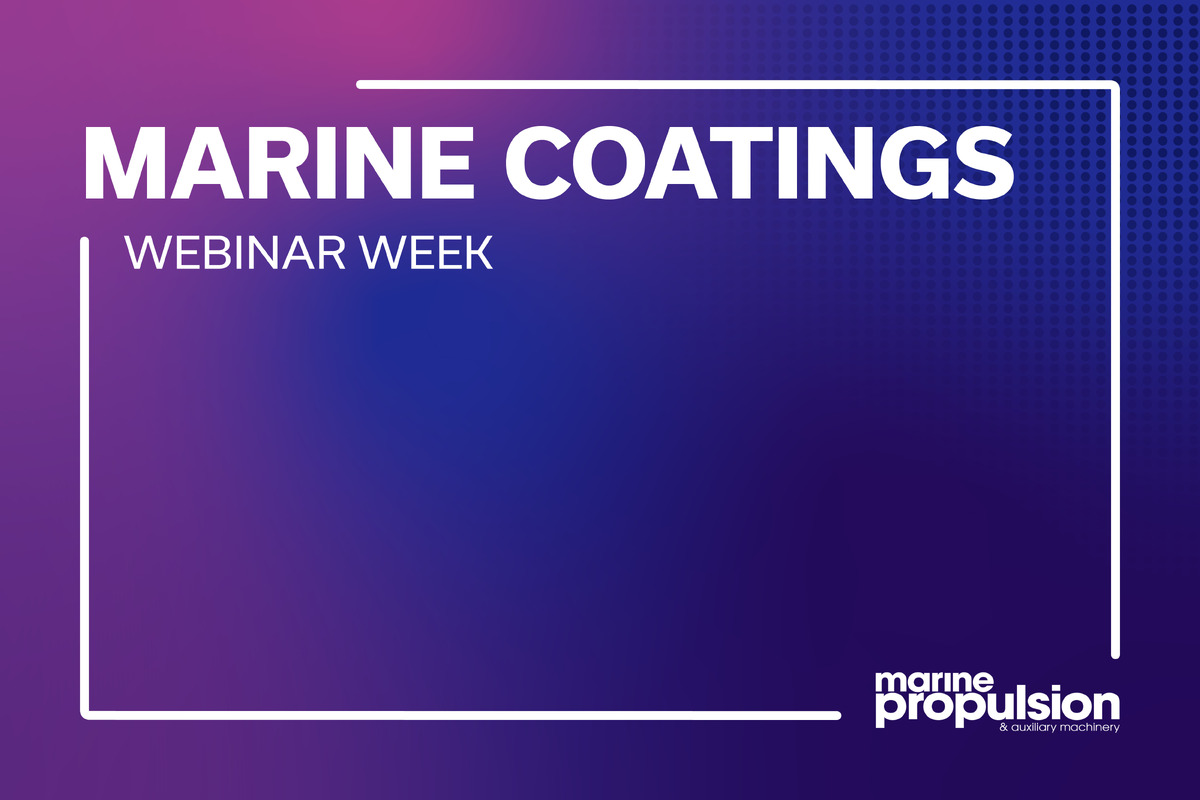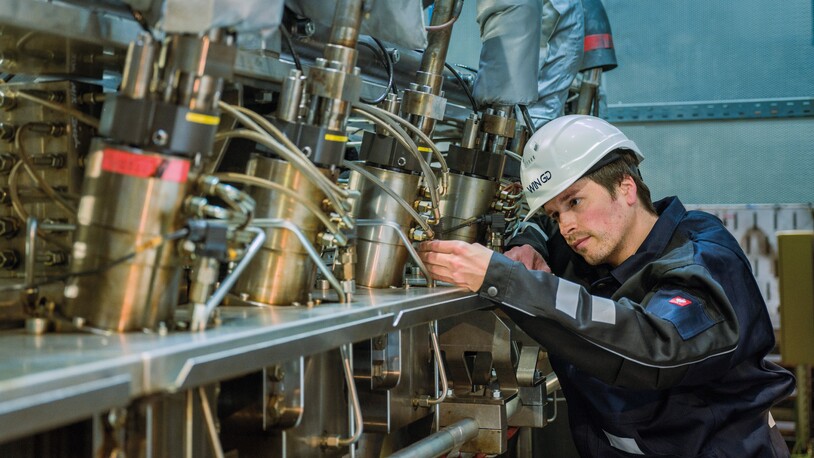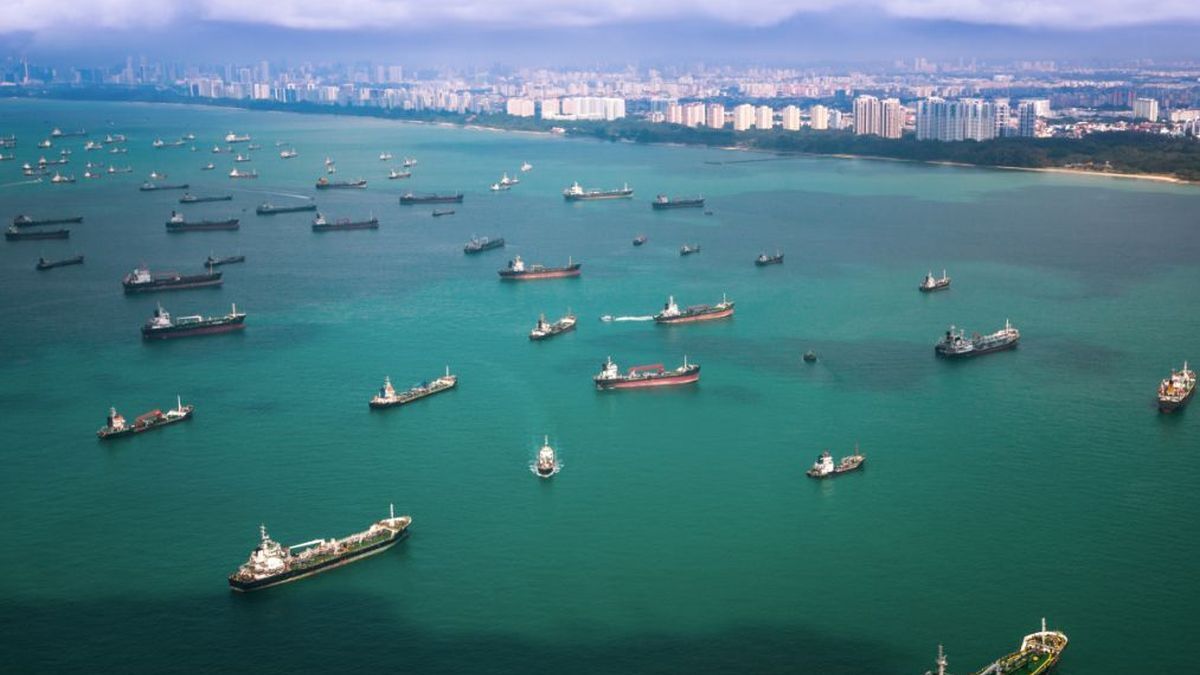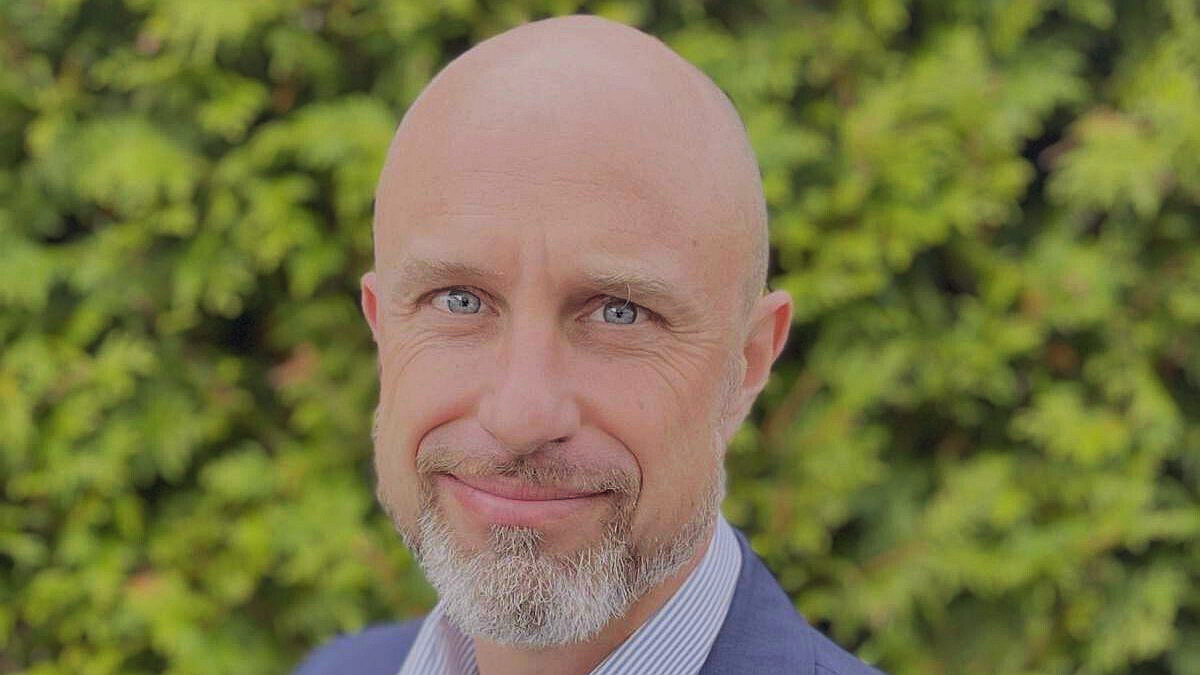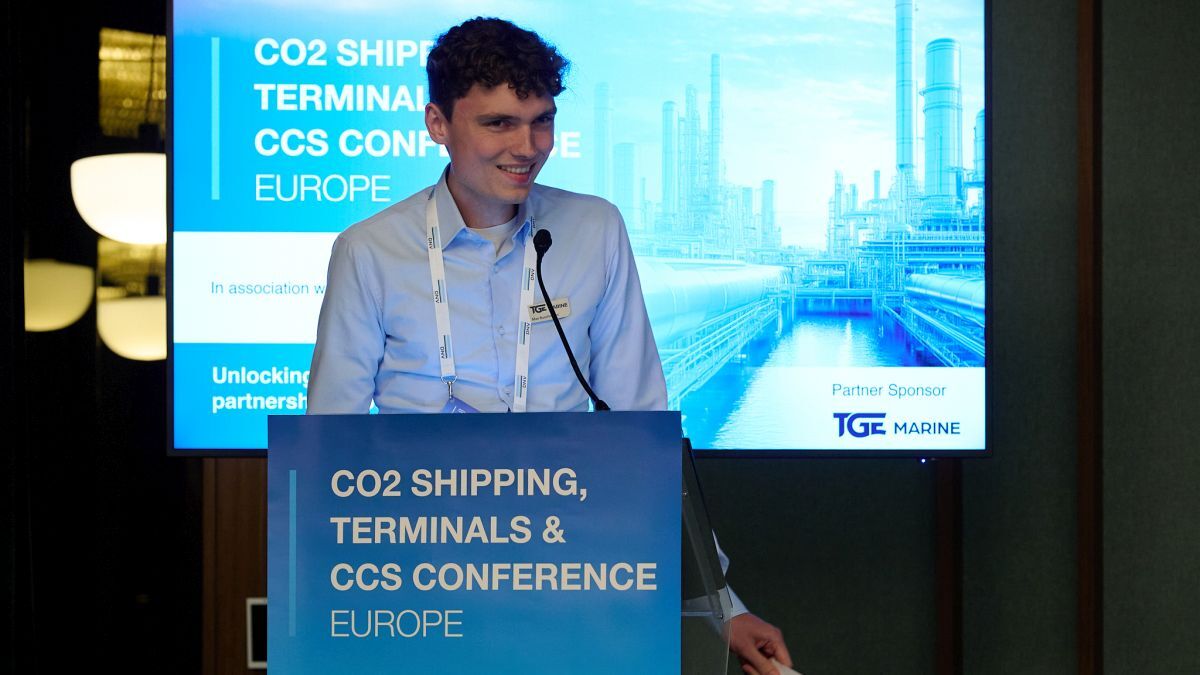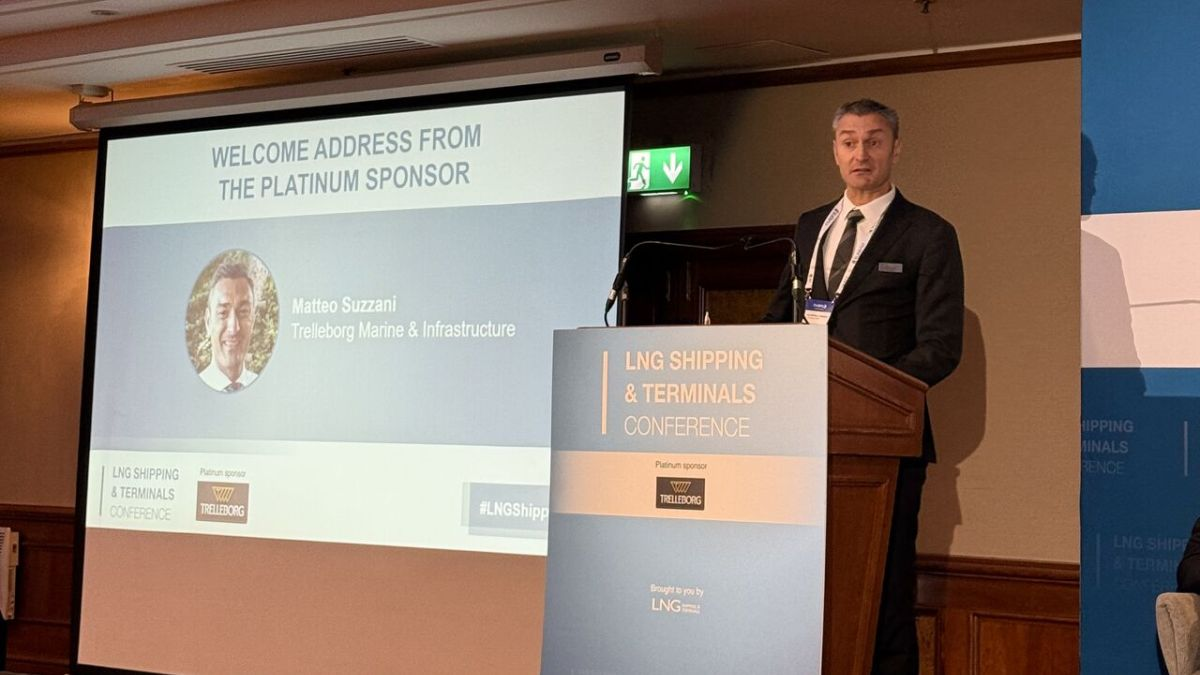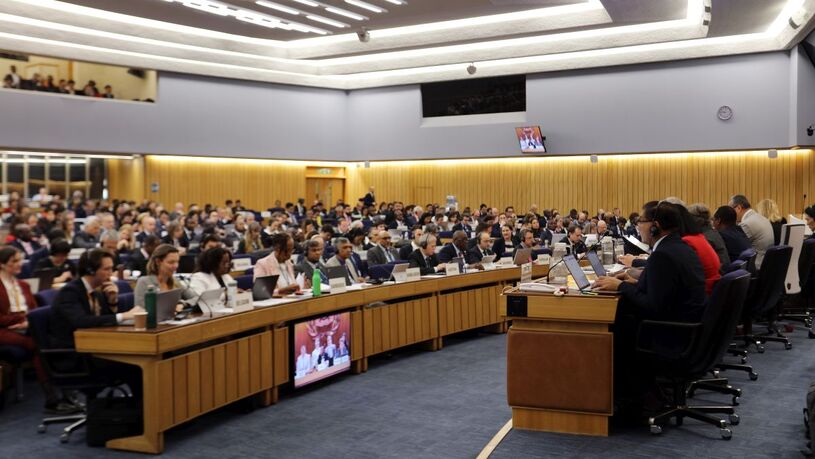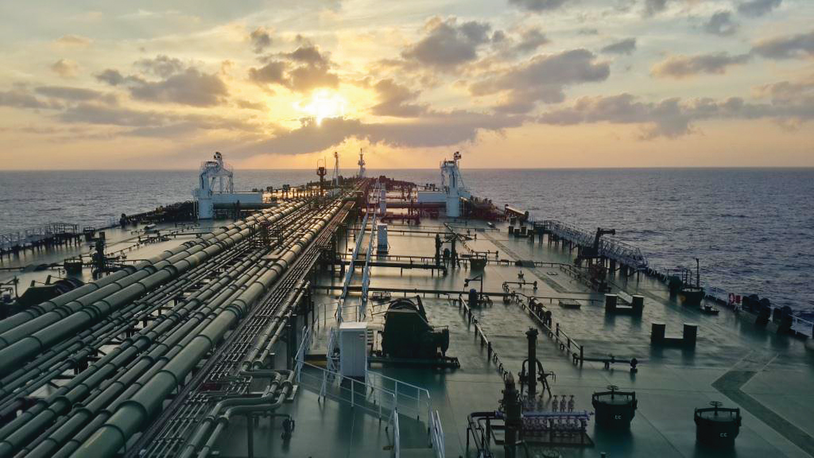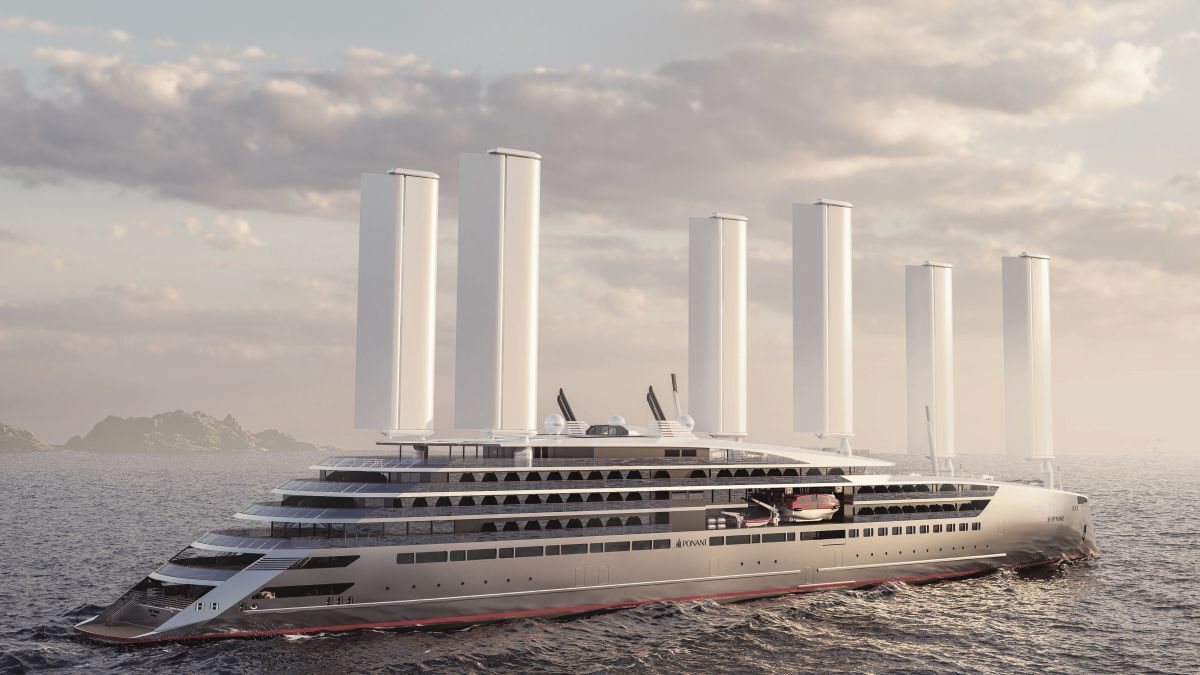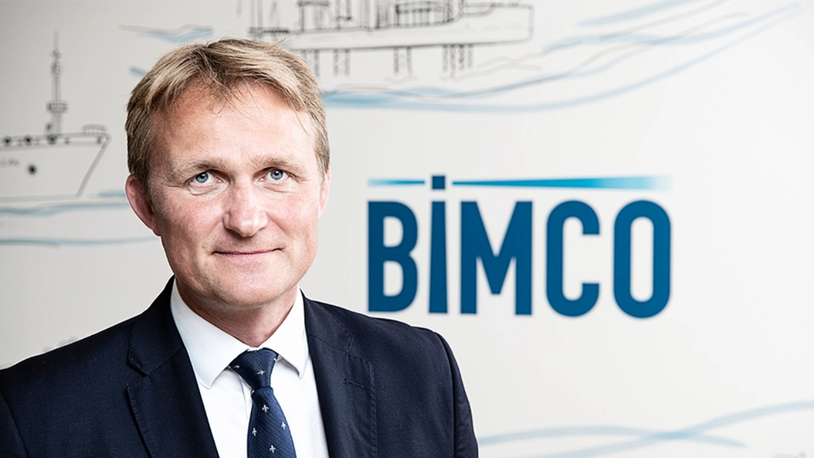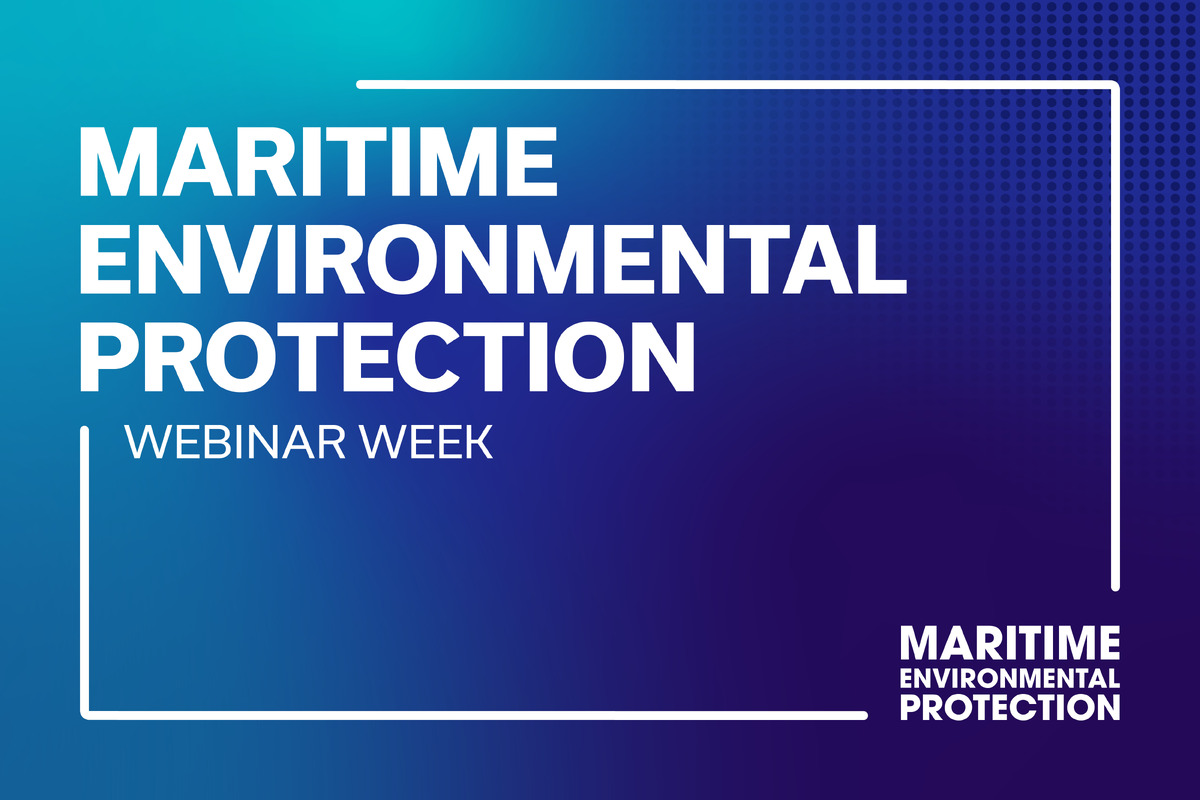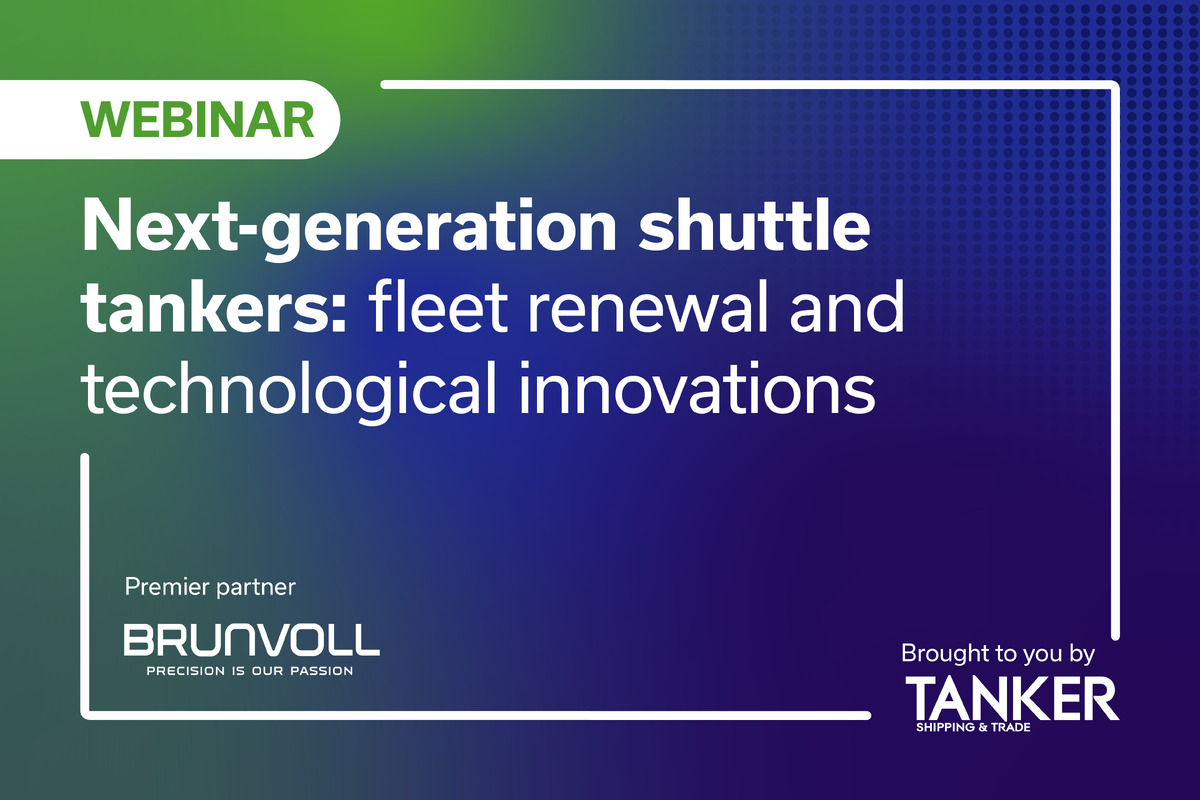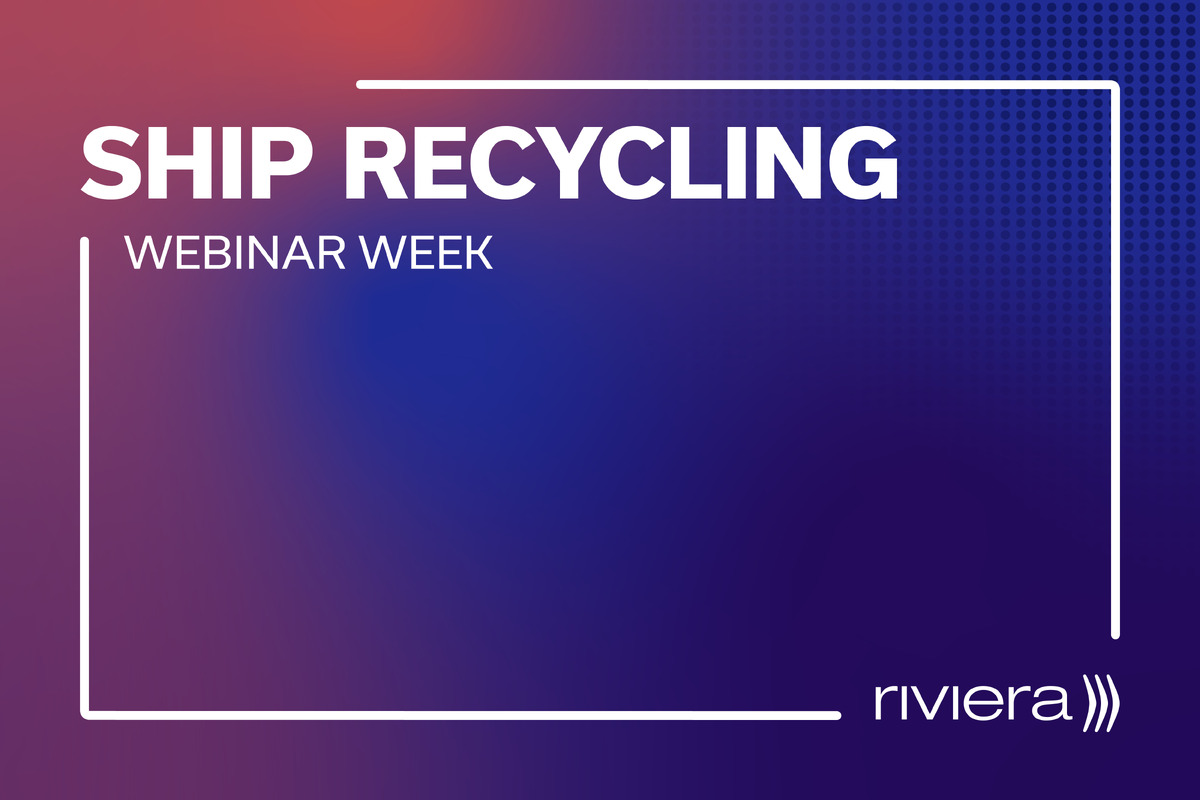Business Sectors
Events
Marine Coatings Webinar Week
Contents
Register to read more articles.
Singapore leads among Asian shipping hubs
It is official, Singapore is not only the number one major shipping hub in Asia, it is also the number one maritime hub in the world of shipping
According to the Leading Maritime Cities report, compiled in cooperation between classification society DNV and Menon Economics, Singapore’s attributes make it the number one shipping location in the world. The report is compiled each year and benchmarks each maritime city based on five key pillars: Shipping; Maritime Finance & Law; Maritime Technology; Ports & Logistics; and Attractiveness & Competitiveness.
Singapore is number one on the Attractiveness and Competitiveness pillar and has also outperformed all other cities on Maritime Technology.
Singapore’s strong performance across the board sees it retain its number one spot overall. “Singapore holds the top slot for Attractiveness & Competitiveness while also scooping the Maritime Technology title, thanks to the city-state’s unrelenting focus on digital transformation,” notes Dr Shahrin Osman, regional head of maritime advisory at DNV and the report’s co-author. “Singapore gives way to Athens and Shanghai in Shipping and Ports & Logistics respectively, and loses some ground in Maritime Finance & Law,” adds Dr Osman.
Subjective indicators reveal the perceptions and assessments of 280 invited business executives – mostly shipowners and managers – from around the world. Looking five years ahead, they predict that Singapore will remain number one, with Shanghai coming in second. London, Oslo and Rotterdam are seen as leading the field in Europe, with Dubai and Abu Dhabi competing hard in the Middle East, India and Africa region. Dubai is predicted to grab sixth place overall by 2027.
Singapore may have given ground on the Shipping and Ports & Logistics scores but it has a strong chance of bouncing back through its adoption of alternative fuels. Two trials highlight the city state’s commitment, and interestingly, DNV is involved once again through a DNV-led consortium that has been selected to undertake an ammonia bunkering safety study in Singapore by the Global Centre for Maritime Decarbonisation (GCMD).
The study, expected to start in February 2022 and take up to a year, will examine the safety gaps and operational challenges of bunkering ammonia and providing a pathway to using ‘green ammonia’ – seen as a promising zero-carbon future marine fuel.
Commenting on the study, GCMD chief executive Professor Lynn Loo says: “As with any new bunker fuel, there are safety and operational challenges associated with their use. GCMD has chosen to look at ammonia bunkering as its first project because ammonia is among the most energy-efficient green fuel to be produced.” The research will lay the groundwork for adopting ammonia bunkering globally, notes Dr Loo, because Singapore is a major bunkering hub, which will make the guidelines developed in this study more likely be extensible to ports elsewhere.
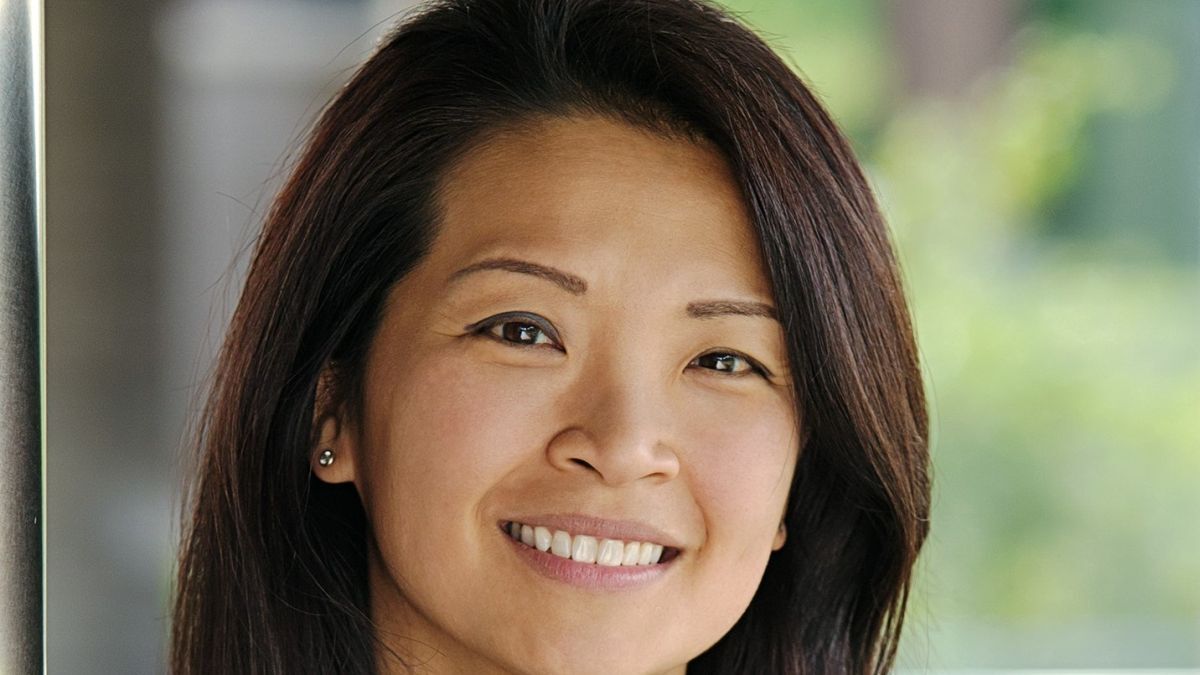
For the study, DNV is partnering with Singapore government-owned infrastructure consultancy Surbana Jurong and the Singapore Maritime Academy (SMA), part of Singapore Polytechnic. SMA will co-develop workforce curriculum and provide manpower development in handling ammonia as a bunker fuel.
Safety guidelines and operational envelopes that come out of the study will establish the basis of a “regulatory sandbox” for trials at two ammonia bunkering sites in Singapore, says GCMD.
Stringent safety
Handling ammonia as a bunker fuel will require more stringent safety and operational guidelines compared to those for transporting it as a commodity, given the substantively higher transfer frequency and the need for more flexible transfer configurations. This study will build on those guidelines to define the requirements for the safe handling of ammonia as a bunker fuel.
DNV Maritime chief executive, Knut Ørbeck-Nilssen, says DNV research shows that a number of safety gaps hold the potential to disrupt the speed and success of shipping’s energy transition. “The safe handling of ammonia – among the most promising future fuels – is one such gap which urgently needs to be closed, given the threat it poses to seafarers and ships unless properly managed,” he says.
The Maritime and Port Authority of Singapore will take the findings from the GCMD study into consideration when developing regulations for future trials.
In parallel, GCMD is in discussions with the Singapore Maritime Institute and the Centre for Excellence for Maritime Safety at the Singapore Polytechnic to create the manpower development framework for training operators for the ammonia bunkering pilot.
The industry is moving quickly to facilitate the use of green fuels. GCMD’s award follows an agreement signed in January between the International Chamber of Shipping and the International Renewable Energy Agency to exchange information regarding the supply and demand of future fuels – green ammonia and hydrogen – that are relevant to shipping.
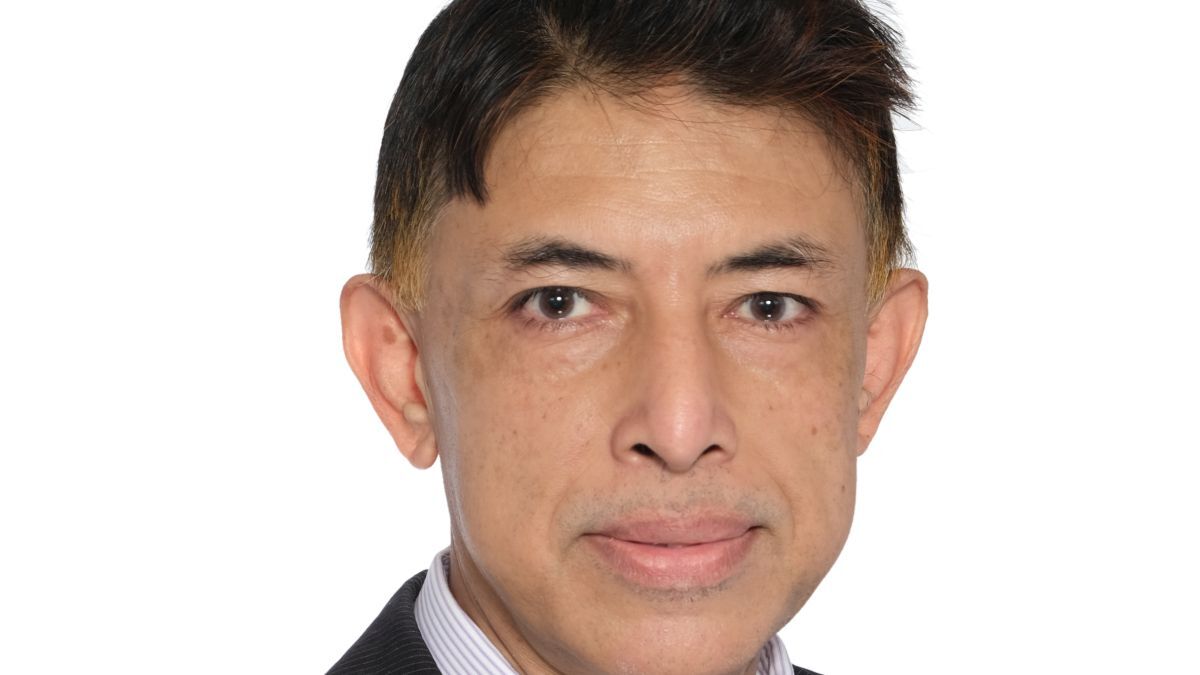
Also conducting trials of alternative fuel was Singapore-based tanker shipmanager MTM. MTM Ship Management’s Singapore-flagged MR tanker MTM Colorado has successfully concluded a voyage using a biofuel blend (B30 Bio VLSFO) from the Netherlands to Brazil on its journey towards decarbonisation. The green fuel voyage was undertaken in collaboration with fuel supplier Trafigura, Lloyd’s Register as consultants, MAN Energy Solutions as engine makers, DNV as class and Maritime and Port Authority of Singapore (MPA) as flag state administrator.
The project was guided by the vessel performance team of MTM Ship Management under the leadership of the technical director Prashant Lokhande, who oversaw and drove the innovative project.
Trials were carried out at various load points using special equipment purchased to assess the performance and to record emissions levels of the main engine, auxiliary engine and boiler. No problems were encountered at any step of the process. Engines were inspected before and after the trial. The condition of the fuel tank was assessed post trial. All were found to be satisfactory, says TM Ship Management.
The trial with the biofuel blend resulted in a well-to-tank, and tank-to-wake reduction in emissions of 32% for the main engine and 23% for the auxiliary engine, as compared with using only very low-sulphur fuel oil.
Based on this successful trial, MTM aims to expand the use of sustainable biofuels where available, and more testing is planned. Biofuels, and the use of existing technologies, form part of the company’s long-term strategy in the migration towards greener credentials.
“MTM aims to expand the use of sustainable biofuels”
MTM Ship Management managing director Capt Rajiv Singhal says: “MTM’s mission has always been to not only operate ships at the highest safety standards, but generally go beyond regulatory requirements, and contribute to the effort to reduce the environmental footprint of the company’s maritime activities. The ultimate goal being a future with zero GHG emissions.”
Singapore is also developing a source of biofuels with which to transform Jurong Island, the city-state’s oil and gas hub, into a sustainable energy and chemicals park. Minister for Trade and Industry Gan Kim Yong said the Sustainable Jurong Island Plan centres around two key areas: increasing output of sustainable products such as biofuels and chemicals; and enabling sustainable production to reduce carbon emissions and pollution.
“Our aspiration is for the E&C sector to, first, increase its output of sustainable products by four times from 2019 levels and, second, achieve more than 6M tonnes of carbon abatement per annum from low-carbon solutions, all by 2050,” said Minister Gan.
Minister Gan revealed the Sustainable Jurong Island Plan while speaking at a groundbreaking for Shell Eastern Petroleum’s new plant on Pulau Bukom in November. Shell’s facility will be equipped with a new pyrolysis oil upgrader that turns hard-to-recycle plastic waste – which would normally end up in landfills – into an oil used to make feedstock chemicals for consumer products, ranging from tires to mattresses.
When it begins production in 2023, the pyrolysis oil upgrader will be the largest in Asia and Shell’s first globally, with a capacity of 50,000 tonnes per annum.
Shell’s investment in the facility is a lynchpin in the transformation of the Bukom manufacturing site into the Shell Energy and Chemicals Park Singapore. The park will be fully integrated with Shell Jurong Island and together will focus on low-carbon energy and sustainability, supplying biofuels, circular chemicals, bitumen, advanced lubricants and renewable energy.
While Singapore often takes centre stage as the regional hub, Hong Kong has long held a strong position due to its long-term links with shipping and the powerhouse that is China. This led the Bahamas Maritime Authority (BMA) to set up its Hong Kong office in 2010 and it has been steadily expanding across the region. The BMA has built up a strong reputation for taking care of high-value assets and is prominent in the cruise and tanker sector, FLNGs and LNG dual-fuel vessels.
Expansion drive
As part of its expansion drive, BMA has announced the signing of an agreement in 2022 with Ben Line Agencies to establish representation in South Korea, one of the world’s leading shipbuilding and ship-owning nations to strengthen its presence there beyond its authorised Inspectorate and Recognised Class Societies. The agreement is further aligned to The BMA’s strategic objective of strengthening its global representation through the expansion of the Authority’s base within the Asian region.
BMA’s managing director and CEO, Captain Dwain Hutchinson, said: “The BMA has ambitious plans to cultivate a presence in the major shipping centre of the world, both to ensure continual improvement in the delivery of services to its valued customers and to accelerate the pace of business growth. This agreement with Ben Line progresses the Authority’s critical business plan while strengthening The Bahamas’ presence and we look forward to continuing to provide quality maritime services to our customers globally.”
“Our aspiration is for the E&C sector to increase its output of sustainable products by four times from 2019 levels”
BMA’s Regional Director and the main point of contact for activities within Asia, Captain Jahangir Hussain, said: “South Korea is one of the world’s key maritime nations and we are very pleased to have another dedicated representative in the region who can help us ensure that our clients in the country receive the highest possible levels of service.”
Capt. Hussain explained the purpose of BMA’s long-term presence in Asia and its affinity with LNG. “We do not target a specific sector,” he said, “[business] tends to come as a by-product of renowned quality service. We are one of the biggest players in LNG sector. The FLNG projects came to us on that basis of recognising our expertise in that sector,” he said.
Another benefit of the Bahamas flag is its record with Port State Control (PSC). As a flag, it also has the QUALSHIP 21 status (a US Coast Guard initiative to identify high-quality ships and provide incentives to encourage quality operations – quality shipping for the 21st century). Bahamas is also close to the top of the Paris and Tokyo Memorandum of Understanding (MOU) whitelist.
“Bahamas also holds a Preferential Maritime Agreement with China,” added Capt. Hussein. “Any vessel, which has Bahamas registered flag and visiting a Chinese port, will receive a 28% discount on all Chinese dues.”
This agreement has been in place since 2003 and the BMA being a Bahamas goverment owned entity is able to extend to the Bahamas flag. The agreement was developed to reinforce and enhance the relationship between the two governments and provides that shipowners of both nations are granted ‘most favoured nation’ status in respect of port access, port stay and use of port facilities. As part of the agreement, Chinese authorities will actively work to expedite processes such as customs procedures and other port formalities to avoid unnecessary delays to Bahamas ships. Certificates of registry and other ship’s documents are recognised by Chinese authorities and there is an assurance of proper and fair treatment of crew members and that seafarer identification and record books are recognised.
"The Bahamas remains active within the regulatory process including taking leadership roles at the International Maritime Organisation (IMO) and International Labour Organisation(ILO) where we collaborate with industry bodies and other strategic partners, including Bahamas Shipowners Association, INTERTANKO, OCIMF, International Chamber of Shipping (ICS) amongst others to ensure goal based regulations that can be effectively implemented by all parties. We are proud that The Bahamas has been confirmed as a top-performing flag state, achieving positive scores across all 19 categories in the recent ICS’s 2020-21 Flag State Performance Table," said Captain Dwain Hutchinson.
Related to this Story
Events
Marine Coatings Webinar Week
Maritime Environmental Protection Webinar Week
Ship Recycling Webinar Week
© 2024 Riviera Maritime Media Ltd.
